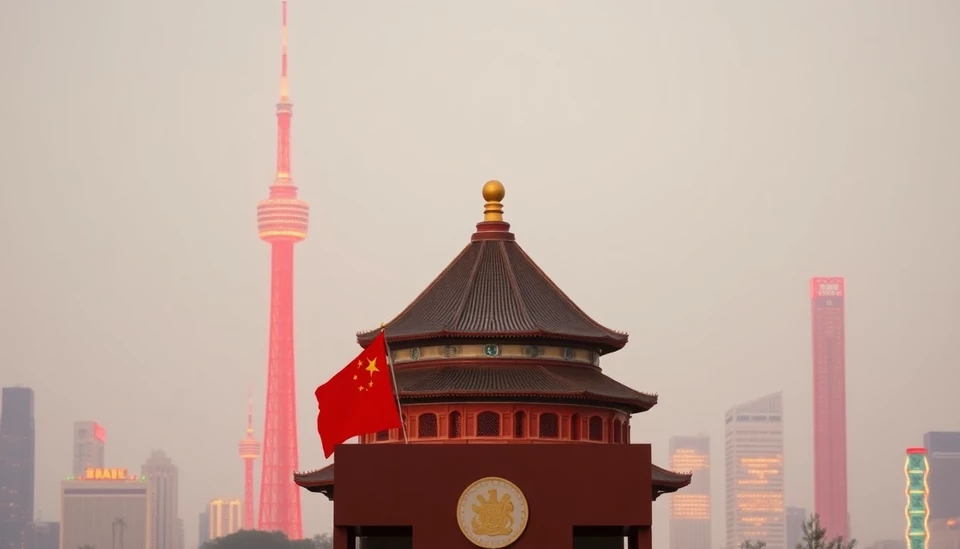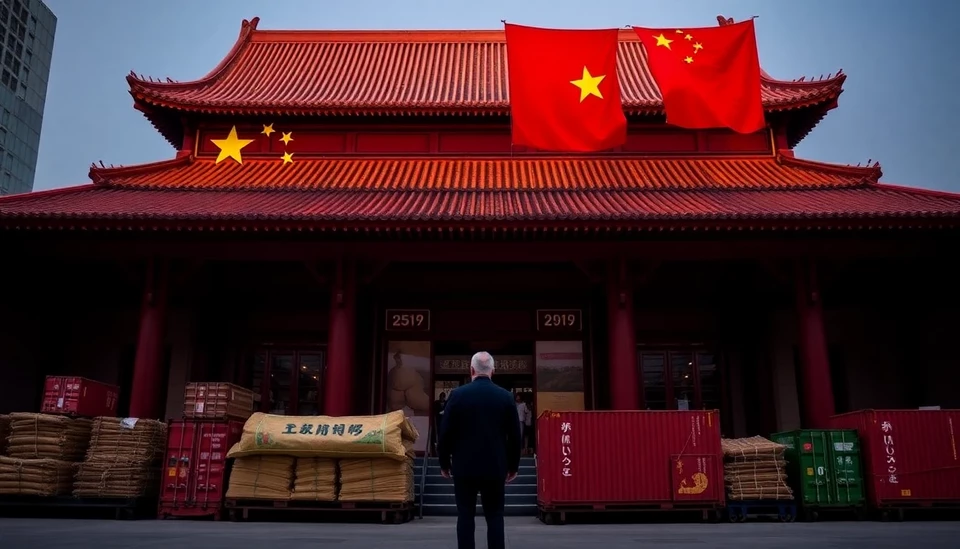
In a bold move to stimulate economic growth, China's Finance Ministry has announced plans to ramp up spending significantly in 2025. This initiative comes in response to a slowing economy and aims to bolster both domestic and international confidence in China's financial stability.
The Ministry disclosed that it would increase budget allocations and accelerate the implementation of fiscal policies designed to enhance infrastructure development and support several key industries. Officials stressed that this approach is crucial as the nation navigates notable economic challenges, including decreasing consumer demand and an uncertain global market.
The 2025 budget will prioritize investments in technology, green energy, and healthcare, emphasizing the need to advance China's strategic interests. The Finance Ministry aims to ensure that public investment not only supports immediate economic revival but also lays the groundwork for sustainable growth in the future.
During a recent press conference, a spokesperson for the Finance Ministry remarked that the goal is to boost overall productivity and create jobs, particularly in regions that have been hard-hit by economic fluctuations. This initiative is expected to create a more favorable environment for both local and foreign investments, fostering a robust recovery in the coming years.
The announcement aligns with broader government strategies to counteract the economic deceleration prompted by various factors, including trade tensions and domestic policy challenges. Analysts believe that this focus on accelerated fiscal spending is essential for China to maintain its economic trajectory amid rising global competition.
As part of the strategy, the Ministry also indicated a commitment to increasing financial support for small and medium-sized enterprises (SMEs)—the backbone of China's economy. By enhancing liquidity and providing easier access to credit, the government hopes to empower SMEs to innovate and expand, thereby contributing to overall economic health.
Moreover, the Finance Ministry pointed out that it would ensure transparency and effectiveness in the spending process to maximize the return on investment for the public. This could include regular assessments and the involvement of local governments to ensure that funds allocated are utilized efficiently and impactfully.
Economic experts have reacted positively to the Ministry’s announcements, suggesting that this proactive fiscal policy could be a catalyst for revitalizing a sluggish economy. However, some caution against unsustainable debt levels, urging the Ministry to balance extensive spending with fiscal responsibility to avoid long-term repercussions.
In conclusion, China's Finance Ministry's promise of greater and faster spending in 2025 reflects a strategic effort to reignite economic growth amidst global challenges. By prioritizing sectors that drive innovation and employment, the government hopes to secure a favorable economic outlook for the years ahead.
As we watch these developments unfold, one thing remains clear: the future of China's economy will depend significantly on how effectively the government leverages this increased spending to foster sustainable growth.
#ChinaEconomy #FinanceMinistry #FiscalPolicy #EconomicGrowth #InfrastructureInvestment #SMEs #GreenEnergy #Technology #JobCreation
Author: Daniel Foster




